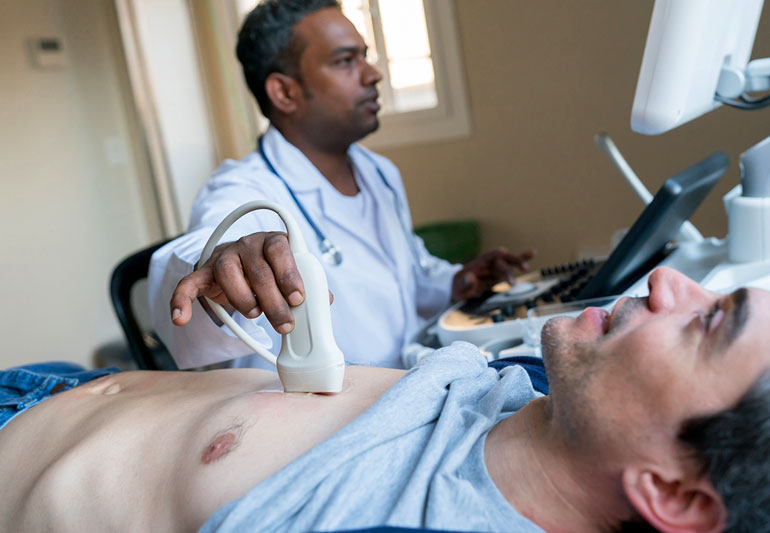If you visit your doctor for chest discomfort or breathing problems and your heart murmur is loud, an echocardiography may be ordered. Your specialist uses sound waves to create pictures of your heart in an echocardiogram. Your doctor can watch your heart beating and circulating blood with this standard test. Your doctor may use echocardiography to detect heart problems. You may undergo one of many kinds of echocardiograms based on what information your doctor requires. Seeking a Port Saint Lucie echocardiogram has several advantages, including:
To figure out what is causing your heart murmur
A heart murmur is an additional or odd sound your doctor hears when your heart beats. Doctors often discover these during standard physical examinations. A lot of heart murmurs are not harmful. Heart murmurs may be caused by quickly addressed medical diseases such as anemia. However, certain murmurs might indicate a more severe condition, such as a heart defect or damage to the heart, caused by high blood pressure or injury. Your doctor can use an echo to determine what is causing your heart murmur.
To look for diseases and abnormalities
Echocardiography gives your doctor all the information they need to determine whether you have a significant cardiac condition. You can use echocardiography to evaluate heart function and diagnose and track the evolution of heart disease and cardiac masses. It may aid in diagnosing atherosclerosis, cardiomyopathy, congenital heart disease, and cardiac malignancies, among other conditions. Patients with mild or modest heart valve problems should be monitored if they progress to moderate or severe problems. If these problems are not addressed, you risk having a heart attack, stroke, or blood clot.
Heart valve disease monitoring
The valves in your heart assist in maintaining blood moving through your body. Blood may back up in various regions of your heart if you have valve problems. It forces your heart to work harder when pumping blood, which can cause long-term damage to the heart muscle. Mild cardiac valve dysfunction is unlikely to cause significant harm. However, if you have mild to severe heart valve disease, your doctor may recommend that you undergo frequent echocardiograms to monitor your condition and how it affects your heart.
It poses minimal to no danger
Unlike diagnostic methods that employ radiation to get data, there are no hazards associated with echocardiograms. It is a non-invasive test, so you will not have to deal with the discomfort and risks of an open wound.
You should anticipate minimal pain during transthoracic echocardiography, but no risks are associated with the operation. After transesophageal echocardiography, you could have a painful throat, but it should go away in a few hours. During stress echocardiography, you will be asked to conduct activities to get your heart pounding. Although you may have a quicker heartbeat during a stress echocardiogram, heart attacks and other issues are uncommon.
Echocardiography is a very effective diagnostic tool. It may have enormous advantages for individuals diagnosed with cardiovascular symptoms in primary care, when utilized appropriately by the appropriate practitioner and on the correct patient. Echocardiography may be used extensively in primary care to benefit patients if training and safety concerns are adequately addressed.
